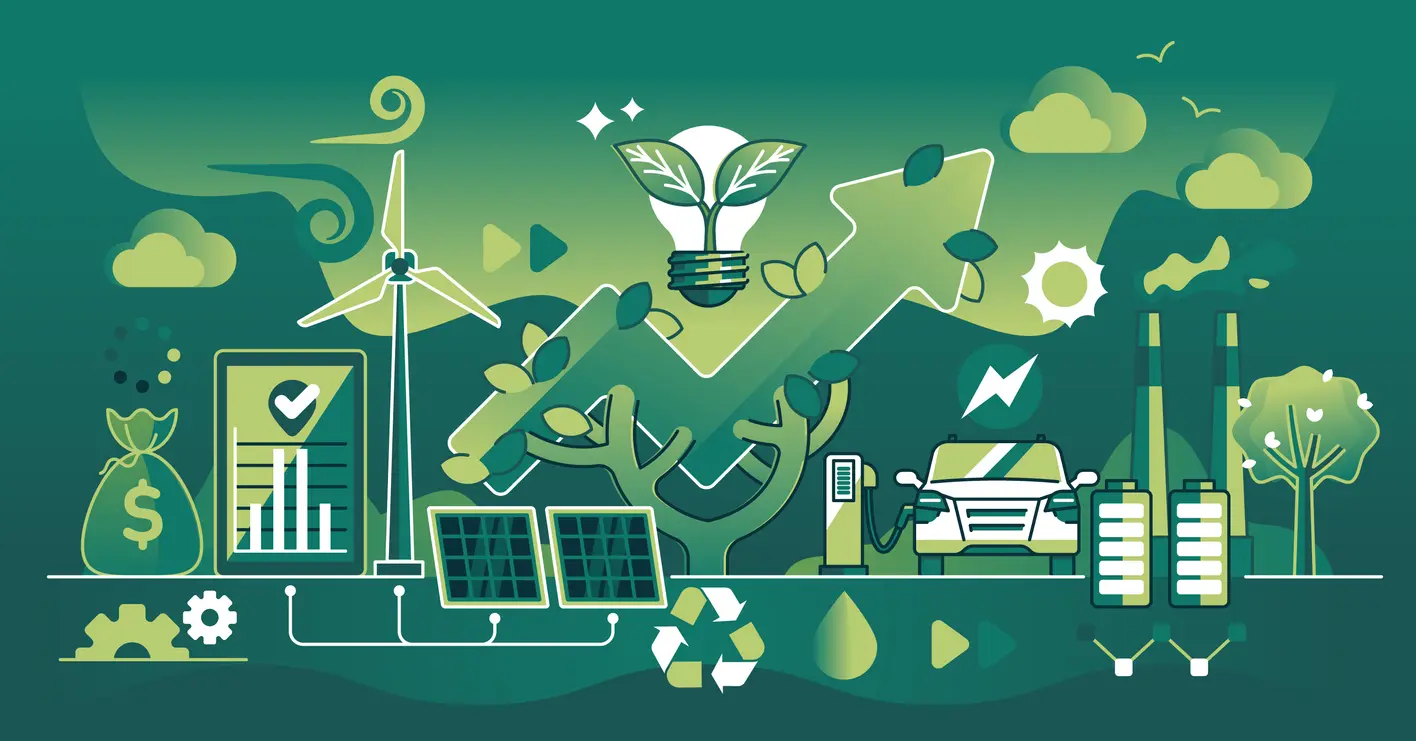With the pressures of sustainability rising across industries, it can be difficult to navigate a good starting place. As companies set ambitious sustainability goals and navigate complex legislation, pathing a clear path to success can seem out of reach. But the good news is, it’s ok to start small. By breaking down high-level goals into incremental changes and successes companies can begin to celebrate the small wins along their sustainability journey – building momentum toward long-term accomplishments.
The Power of Starting Small
Companies that can break overarching sustainability goals into smaller more tangible tasks are bound to be more successful in meeting their end goals. By focusing on incremental changes, as opposed to trying to tackle everything at once, teams can reduce stress levels around change while promoting excitement.
For example, companies may consider reducing material usage for certain products and packaging, instead of changing all product lines at once. As team members achieve small changes a sense of feasibility and confidence can spread across teams, while reducing resistance to change – changing the overall attitude toward sustainability.
Identifying “Small Wins” in Sustainability
After sustainability goals are laid out and in motion, companies can track changes and impact over time. Smaller changes are not only more manageable to track but teams can also see their direct impacts more easily. Companies that put all sustainability goals into action at once may find it hard to identify what worked and what did not.
Each small success can create a ripple effect, inspiring further action and encouraging the adoption of even greater sustainability initiatives. Teams should be celebrated for their small successes, as this recognition fosters motivation and encourages them to take on more substantial challenges and changes over time.
Scaling Small Wins into Big Impacts
With consistent smaller changes companies can identify and measure which changes are having the greatest impact on company sustainability goals. Teams can then build off these smaller changes to create significantly larger impacts down the line – while inspiring new ideas and changes that companies can work up to.
As teams witness the tangible benefits of initial efforts – whether it is cost savings, reduced waste, or improved operational efficiency – everyone involved will become much more motivated to implement new ideas. For example, a single initiative, like switching to sustainable packaging for one product line, can evolve into a company-wide shift toward eco-friendly materials. By scaling small wins, your company will not only see sustainable change come to life but can also build the blueprint for long-term sustainable impacts.
Embracing the Journey Towards Full Sustainability
To reiterate, we understand the stress and overwhelm that comes along with the need to implement sustainable change – it’s difficult to navigate and most companies don’t even know where to start. The reality is that the path to sustainability is not a sprint – it’s a marathon. With this in mind, companies must approach sustainability in a new way moving away from an all-or-nothing mindset and into a strategy that emphasizes continuous improvement through small, measurable actions that collectively drive significant change over time.
Each small sustainability goal your company sets out to achieve will put you one step closer to company-wide sustainability. If you take anything away from this blog it should be that you can take your sustainability goals through the finish line – you may just need to change your approach in doing so. Focus on progress, no matter how incremental, because eventually, these small wins will result in big impacts.
Explore More Blogs
Get Started
With Specright’s Solution Suite, you can digitize, centralize, and link your specification data to drive efficiencies, intelligence, traceability, and collaboration within your organization and across your supply chain network.




